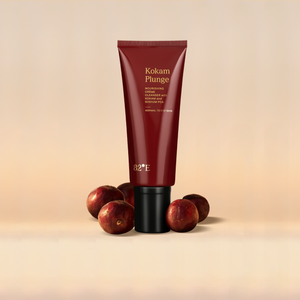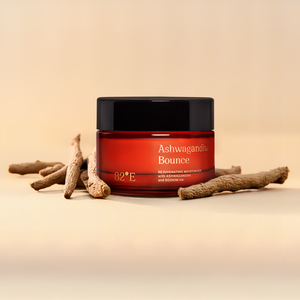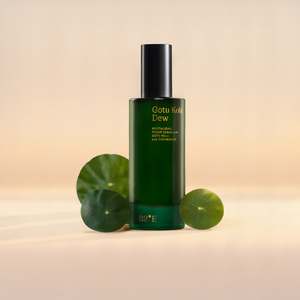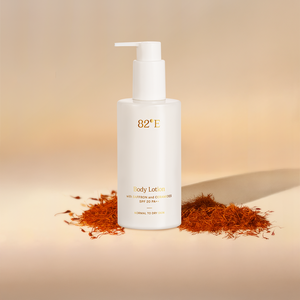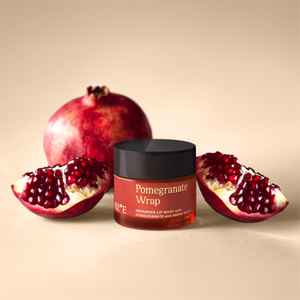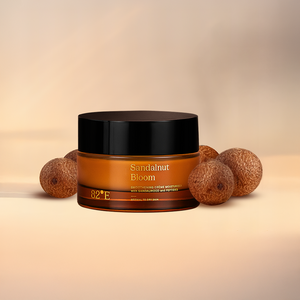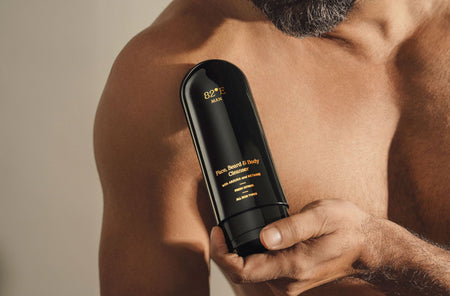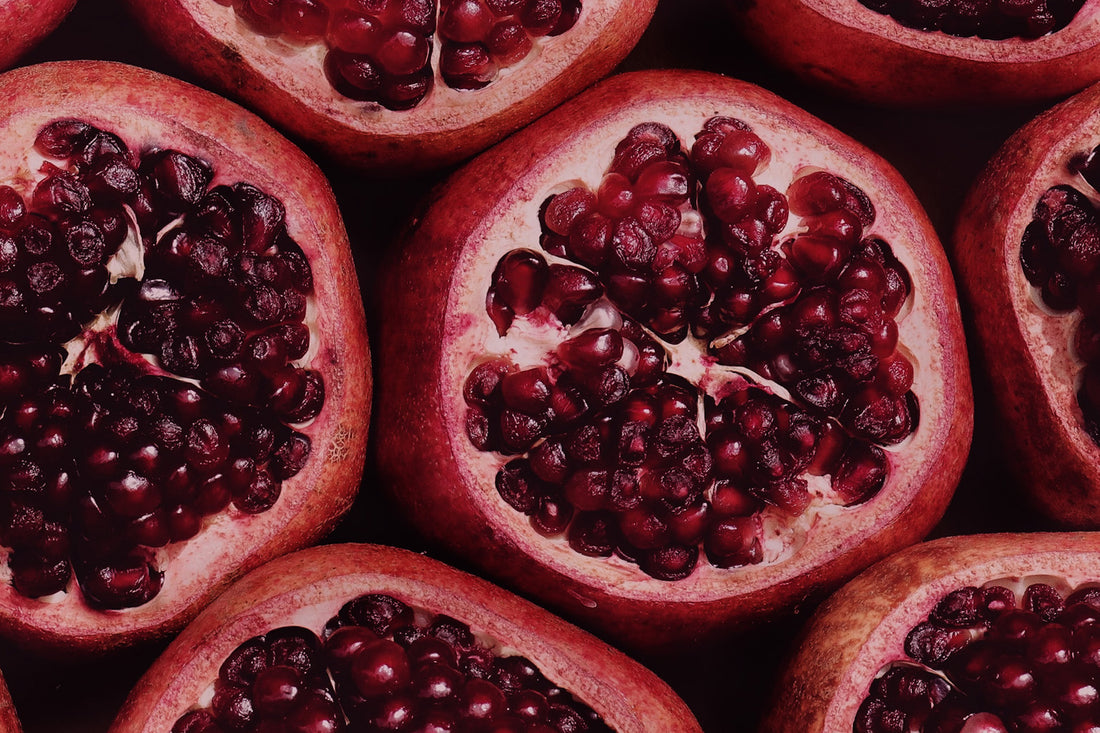
Self-care is a need rather than a luxury. It's essential to attain a sense of balance, well-being, and contentment. While it might seem daunting to maintain a self-care routine, transforming it into a habit is more attainable than we might think.
Read on to uncover the secrets to making your self-care rituals into a lifelong habit.
What are Self Care Rituals?
Before we delve deep into the theories and tips for self-care, let us first understand what self-care is and how you can practice it.
According to the National Institute of Mental Health,
“Self-care means taking the time to do things that help you live well and improve both your physical health and mental health. When it comes to your mental health, self-care can help you manage stress, lower your risk of illness, and increase your energy. Even small acts of self-care in your daily life can have a big impact.”
Here are some ways you can practice self-care as a ritual:
Doing What You Love
Self-care is all about working towards your well-being and peace of mind. So, what better way to indulge in self-care than consistently and mindfully doing something you love? It could be reading a book, cooking your favourite recipe, dancing, singing, painting, or anything that makes you feel energised.
Meditation
Meditation practice can improve decision-making, help you multitask, and reduce stress and anxiety. If only for a few minutes, find a calming chant or music and let your thoughts fade away. You could also focus on your breathing through Pranayama techniques.
Exercising
Just 30 minutes of exercise per day can lower a variety of health risks and enhance cognitive function. You don't have to be a runner if you don't enjoy running. Avoid forcing yourself to attend another video lesson if you detest Barre. The idea is to move your body. It may entail stretching, going for a swim, dancing around your living room, or enjoying a stroll outdoors.
Spend Time in Nature
In the natural world, we can disconnect from the constant digital noise and find solace in the gentle rustling of leaves or the soothing sounds of flowing water. It allows us to ground ourselves, reducing stress and anxiety while rejuvenating our mental and emotional well-being. Spending time in nature connects us to the beauty of our planet, fostering gratitude, awe, and a sense of belonging.
Focus on Positivity
Practicing daily gratitude, focusing on positive thoughts, and laughing every day have several health advantages, including improved mood, relaxed muscles, and stress alleviation. Put on a Netflix comedy special or try gratitude journaling to get the positive energy flowing through you.
Skin Care and Hair Care
Caring for your physical well-being is also a part of holistic self-care. Incorporate skincare and hair care in your self-care routine and see the difference. Your skin and hair will look healthier and more radiant, and you will be confident and comfortable from the inside out.
How to Make Self-Care a Daily Habit
Start Small with Focused Goals
Starting with small, attainable actions is the key to building any habit. Establishing a clear and achievable daily objective for self-care helps provide a foundation for regularity. It might be as easy as taking a quick stroll during lunch break or setting aside 10 minutes each morning for skincare.
Establish a Pattern
Including self-care in a daily routine serves to strengthen the habit. It can be more easily remembered and likely to be remembered if it is combined with regular tasks like preparing coffee or brushing one's teeth.
Make Use of Triggers and Cues
Relate your self-care routines to the environment's current stimuli. Putting skincare products, for example, in plain sight next to your toothbrush might serve as a helpful reminder to finish your regimen.
Monitor Progress and Pat Your Back for Milestones
Motivation can be increased by journaling or tracking your daily self-care actions with an app. Honouring accomplishments and advancements, no matter how small it is, strengthens the behaviour and increases its enjoyment.
Show Yourself Compassion
Self-compassion is essential for the creation of habits. Accept the odd mistake without being critical of yourself. Remember that the journey, not perfection, is what matters.
Tips to Find Consistency and Commitment
Spare Some Time Everyday
Even 10 minutes of self-care a day can have a significant impact on your overall well-being. Waking up a little earlier, setting a fixed time for meals, and such small things can help you make a substantial impact on your overall well-being.
Find a Self-care Buddy
Finding a self-care buddy can help you be consistent and motivated. Share experiences with each other and keep rewarding each other for the milestones achieved.
Set Boundaries
Incorporating self-care into your routine requires you to strike a work-life balance. Set boundaries for assignments, work time, study time, and everything. These boundaries will help make sure that you stay within your work deadline and have ample time left to spend just for you.
Note Down “How and Why?”
Note down how self-care is helping you remain content and calm. How do you feel after practising? What times work for you? Why do you feel better after self-care?
Theories About Habit Formation
- Theory of Habit: When a behaviour is repeated in a predictable setting, the chances of developing a habit increase. It is said that it takes 21 days to build a habit and 90 days to turn it into a lifestyle change. So, if you practise the self-care routine daily, it is more likely to become a habit and then a lifestyle change.
- Theory of Habit Loops: According to this idea, habits are formed and maintained by a neural loop. Three components comprise the loop: a routine, a reward, and a cue. The cue starts the routine and ends with a reward that helps to maintain the habit.
- Classic Conditional: According to Ivan Pavlov's psychology theory of classical conditioning, self-care routines that involve regular self-care at a particular time of day—like morning skincare routines—make the morning itself a cue or "conditioned stimulus." The body and mind start to link that time of day with the self-care action when this habit is repeated.
- Operant Conditioning: Operant conditioning in the context of self-care refers to the use of incentives or rewards to promote and sustain healthy behaviours. Positive results serve as reinforcements, such as feelings of relaxation, enhanced mood, or rejuvenation following a self-care activity like a skincare regimen. Positive reinforcement from the enjoyable feelings experienced after practising self-care increases the likelihood that the behaviour will be repeated in the future.
The Psychology of Habits
Now, let us dig into the psychology of habits to make the self-care routine a habit.
- Repetition: When a task is repeated, it is more likely to turn into a habit. Once you start repeating a self-care routine, you will feel a void when that particular task is not finished.
- Difficulty Level: Our mind tends to avoid complex tasks, and therefore, the difficulty level of the self-care routine can make a big difference in developing a habit. You will have to cope with the procrastinating nature of the mind to make self-care a habit.
- Motivation: When you feel motivated, you are more likely to follow a particular routine. The positive results of a self-care routine, the rewards for achieving milestones, and such factors can help you remain motivated.
Remember, prioritising your self-care routine is not being selfish. It is nurturing yourself to feel happier and present a better you to the world. Put your well-being first, enjoy the journey, and acknowledge your accomplishments.
